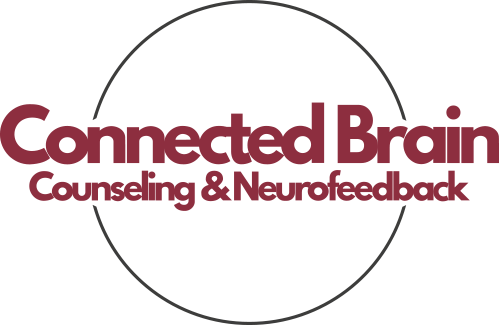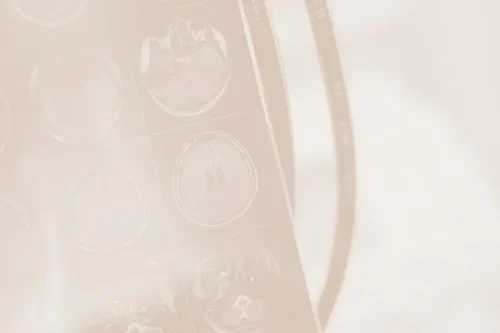If you’re looking for a new and effective treatment option, Neurofeedback (commonly, though incorrect called Neuro Therapy) may be right for you. The field of Neurofeedback has existed since the 1960s, with over 2000+ peer reviewed research articles demonstrating it’s effectiveness in treating anxiety, ADD/ADHD, depression, PTSD, and more.
What Is Neurofeedback Therapy?
Neurofeedback, sometimes referred to as neuro therapy, is a therapeutic technique that utilizes sensors on your head to monitor your brainwave activity and provide feedback in real time. This helps your brain rewire its neural patterns based on signals it sends itself. The goal of neurofeedback therapy is to help you feel better by strengthening and balancing certain areas of your brainwaves. In order for it to work effectively, however, you need to commit to regular sessions.
How Does the Neuro Therapy Process Work?
The neurofeedback therapy (neuro therapy) process is actually quite simple and non-invasive. A machine called an amplifier creates a reading called a qEEG (quantitative electroencephalograph). It reads your brainwave patterns and sends those readings to a computer program that produces graphs of your brainwave patterns.
The patterns are broken down by frequency and amplitude, and displayed on a screen for your clinician to monitor in real time. They will then set a protocol for a session that teaches your brain to change patterns associated with symptoms.
Head to Connected Brain Counseling’s website learn more about the process of neurotherapy including how many session you may need, what the program will cost and how to find a reputable provider.
How Can You Benefit From Neuro Therapy?
If you are suffering from depression, anxiety, or other conditions, your doctor may recommend that you take medication to help control your symptoms. While medications are extremely effective for treating some medical conditions, they can also have negative side effects. Many individuals want to avoid negative side effects with a more holistic form of treatment that is becoming more popular: neurofeedback. Neurofeedback helps patients regulate their own brain waves and manage anxiety and stress in a way similar to medications without causing unpleasant side effects like dry mouth or weight gain.
What Forms of Treatment Are Like Neuro Therapy?
There are various treatment methods to combat anxiety, including yoga, meditation, massage therapy and biofeedback. These treatments require no drugs or artificial technology; they simply provide a holistic approach to relieving symptoms like stress and insomnia. While there are no true alternative treatments, some options to consider are counseling and biofeedback, the training of body functions such as heart rate and breath.
What Kind Of Results Can You Expect From Using Neurotherapy?
If you’re in need of an alternative treatment to medication for your mental health, using neurofeedback may be just what you need. While results vary from patient to patient and different types of treatment are more effective for certain patients, many people report feeling a sense of calm and peace after a session. Once your body relaxes, your mind will follow and symptoms like anxiety or depression may subside. After just a few sessions, many patients notice they can regulate their emotions on their own.
How do I Find A Neurofeedback Expert in Denver?
Denver is a large city with many different areas to look for good therapists and counselors. You can begin by doing an internet search or checking out Psychology Today to see which clinicians in your area specialize in treating people with ADD/ADHD, anxiety, or depression.
At Connected Brain Counseling, we have found that clients have the best results when they are combining counseling and neurofeedback therapy. Making sure your provider can offer both modalities is crucial to success in neurotherapy. To find a therapist who offers neurofeedback and counseling in Denver, check out www.connectedbraincounseling.com. Connected Brain Counseling is located near in Edgewater, near Sloan’s Lake in Denver.





